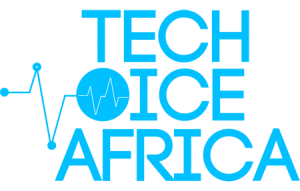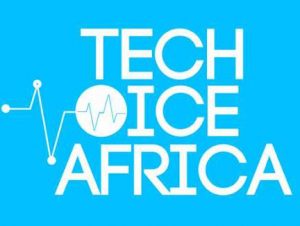Mastercard and Unilever have announced that they will expand their strategic partnership to help micro-entrepreneurs in Africa.
This they say is to help overcome the cash constraints that limit their ability to buy and sell more products and ultimately grow their businesses.
The two companies have launched Jaza Duka (“fill up your store”) in Kenya.
The initiative combines distribution data from Unilever and analysis by Mastercard, on how much inventory a store has bought from Unilever over time.
The results from the analysis are used to provide a micro-credit eligibility recommendation to KCB Bank Kenya (KCB).
This solves for the problem that banks usually require formal credit history or collateral, resulting in entrepreneurs borrowing from informal lenders at high-interest rates and trapping them in a cycle of debt.
If the micro-credit line from KCB is approved, the store owner is able to increase their purchases of product from what they can buy with cash on hand to what they can actually sell.
For example, if a store is consistently showing weekly purchases of $50 from Unilever they could qualify for an interest-free credit line of $120 to stock their inventory.
The credit line from KCB is provided through a secure Mastercard digital payment solution.
As part of the micro-credit, the partners are providing the store owners with training to help them manage their finances, inventory and forward planning for supply against demand.
The entrepreneurs are also being trained on marketing tools and techniques to help sell their products and subsequently increase their opportunity to grow faster.
Local communities can also benefit from having quicker, more reliable access to the products they need most to support their families.
Ajay Banga, president and CEO, Mastercard said, micro and small businesses are the economic backbone of communities around the world.
According to him, there is an opportunity to set those businesses up for long-term growth.
This he said can be done by, bringing together the tools and data from different industries to change the model of small business financing.
Report by: Stephanie Horsu















